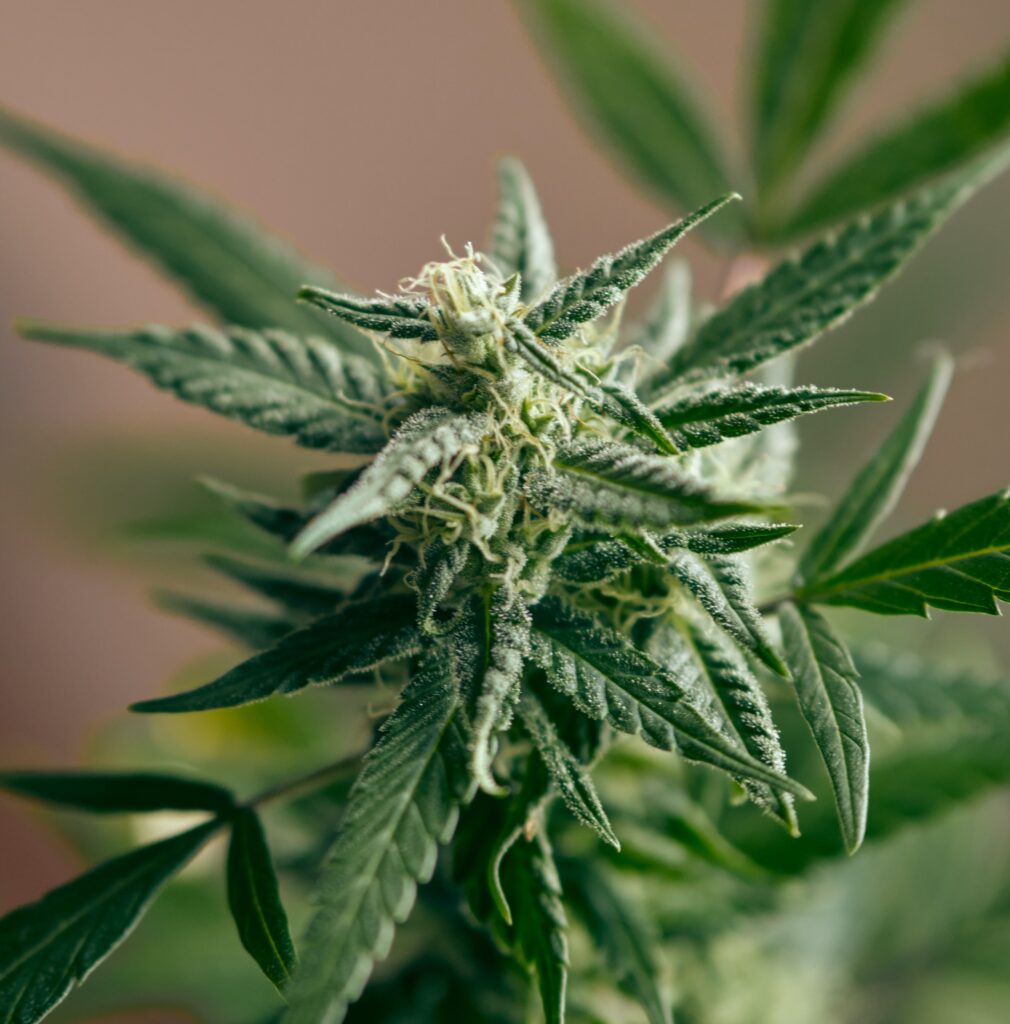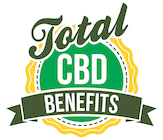This guide provides an easy solution for new users to quickly learn key points and gain a solid understanding of what CBD is and how it works.
More people than ever before are shifting their opinions about Cannabis and choosing CBD to provide natural relief for their medical conditions. Whether you’ve never tried CBD, tried it once or twice, or are an active user, this is a great resource to learn more or share with a friend.
Now we all know, when trying anything new, there’s always a learning curve, and with CBD, it’s no different. For new users, understanding what it is and, more importantly, how it works can confusing.

What is CBD and How Does it Work?
CBD (Cannabidiol) is a compound found in the Cannabis plant. It can be used in several different ways including vaping, tinctures, capsules, skin and hair products, products for your pets, and edibles.
Unlike its close relative, THC (Tetrahydrocannabinol), CBD is completely non-psychoactive. This allows us to benefit from the many health properties of the Cannabis plant without the negative side effects of “getting high.”
Because of this, CBD became a very popular option for those seeking a natural alternative to treat conditions such as chronic pain, multiple sclerosis, PTSD, epilepsy and other mental disorders.
At first, many were skeptical, thinking that a natural compound, let alone a Cannabis-compound, could effectively treat such a wide range of conditions. But as medical researchers learned more, and the stories from tens of thousands of people began to stack up, the truth was undeniable. CBD works.
But how exactly does it work?
For starters, CBD inherits many of the medicinal properties of Cannabis such as being anti-inflammatory and anti-anxiolytic. This allows it to provide natural stress, anxiety and pain relief. But, this alone isn’t what allows CBD to benefit so many conditions.
FAQs
What is the Endocannabinoid System?
In other words, they allow for us to maintain homeostasis by monitoring what is going on in our bodies. Scientists have identified two primary cannabinoid receptors, called the CB1 and CB2 receptors. Although both types of receptors can be found all throughout the body, CB1 receptors are more highly concentrated in the brain and central nervous system, whereas CB2 receptors can be found more abundantly in the immune system, organs, and tissues. You may have heard of the cannabinoids found in plants, called phytocannabinoids, but the body also produces its own, which are referred to as endocannabinoids. These molecules are created whenever we need them, usually in response to some change in the body. They can bind directly with the cannabinoid receptors – you can think of them as slotting into one another like a jigsaw puzzle or a lock and key.
To date, scientists have identified two major endocannabinoids; anandamide, and 2-AG. Endocannabinoids are made from fat-like molecules within cell membranes. Once the endocannabinoids have fulfilled their usage, metabolic enzymes are able to break them down again. FAAH breaks down anandamide, while MAGL breaks down 2-AG. This ensures that the endocannabinoids are not used for longer than necessary. This process is what separates endocannabinoids from other molecular signals like hormones or neurotransmitters, which can be stored in the body. Source
What’s Full-Spectrum, Broad-Spectrum, and Isolate?
Full-Spectrum means the product contains THC and other cannabinoids, not just CBD. Isolate means it’s solely CBD. Broad-Spectrum is relatively new, and has had the THC extracted. Broad-Spectrum has all of the benefits of Full-Spectrum, but none of the THC.
How does CBD work with (X) medication?
CBD has been shown in large quantities to interact with your CYP450, essentially “deactivating” it. This obviously being not good as it can cause adverse reactions with medications, especially anxiolytics. (Heighten/weaken strength, or activation of side effects like nausea, etc). As always, be sure to ask your doctor just to be safe.
Will CBD make me test positive on a drug test?
No, but maybe. CBD will not show up on a drug test unless it tests for CBD. That said, Full-Spectrum contains a very small amount of THC and it’s possible for it to show up on a drug test.
How does Omega-3 work with CBD?
Essentially it’s said that Omega-3 deficiencies do have a correlation with low CB1 response, especially being that omega-3 deficiencies are a fairly common occurrence with the American diet. Low Omega-3 can lead to seasonal affect disorder- “Using mice, the study found that a deficiency in Omega-3 caused presynaptic CB1 receptors to uncouple from their effector G proteins, essentially disabling them. This dietary-induced impairment of CB1 function adversely affected emotional behavior.”, So essentially when Omega 3 is inplace its holding the CB receptors, preventing de-coupling. So with Omega-3 usage with CBD you are ensuring the CB receptors are not degraded, or decoupled, thus ensuring maximum potential benefit. There’s a good study about this and MDD here.
How do I know if the CBD is working?
Typically CBD is shown as ‘working’ per symptomatic relief. It will not cure your ailments, merely treat symptoms- nausea, pain, anxiety, depression, etc. Compare yourself prior to taking it, and after. You should have relief from what you’re looking to address- if not, try a higher dosage. Due to CB1/CB2 cluster sizes, everyone experiences CBD slightly differently. If you’re expecting something like a THC high, or even alcohol inebriation- you’re not thinking about it right. Ideally, you will feel almost perfectly normal, just without the given symptom you’re looking to address. E.g. Pain > No Pain.
Will CBD help with my pain?
There is a LOT of anecdotal evidence that CBD helps with pain and inflammation. Literally millions of people worldwide use it for pain relief, and science is starting to catch on to that. Here is a study that shows how it helps animals with Osteoarthritis.
– This study looks at different CBD delivery systems for pain and inflammation.
– This is less a study and more of a meta-analysis, but it’s published and peer reviewed:
– This study shows how CBD works in your Endocannabinoid system.
Will CBD help my anxiety?
As with pain, there is a ton of anecdotal evidence to support that it helps and many people use it for that purpose. Some doctors are even starting to recommend it as a non-prescription alternative. And, again, scientists are starting to see this, too.
This study looks at CBD as a potential treatment for anxiety disorders.
This study looks at using CBD to help treat PTSD.
This study looks to see if CBD helps anxiety and sleep.
What’s a good starting dose?
A starting dose would be 10-20mg daily. It is thought that CBD somewhat builds up in your body over the first week or so you are taking it, so the first few days you may not notice much of an effect. Once established, as much as you feel you need is good. Some with extreme pain or other ailments may up the dose to 50mg or more. There have been studies that have given people upwards of 1500mg a day with no ill effects observed.
Can I vape the tincture?
No. A tincture is way too thin to be vaped safely. We recommend using vape oil if you want to vape CBD.
